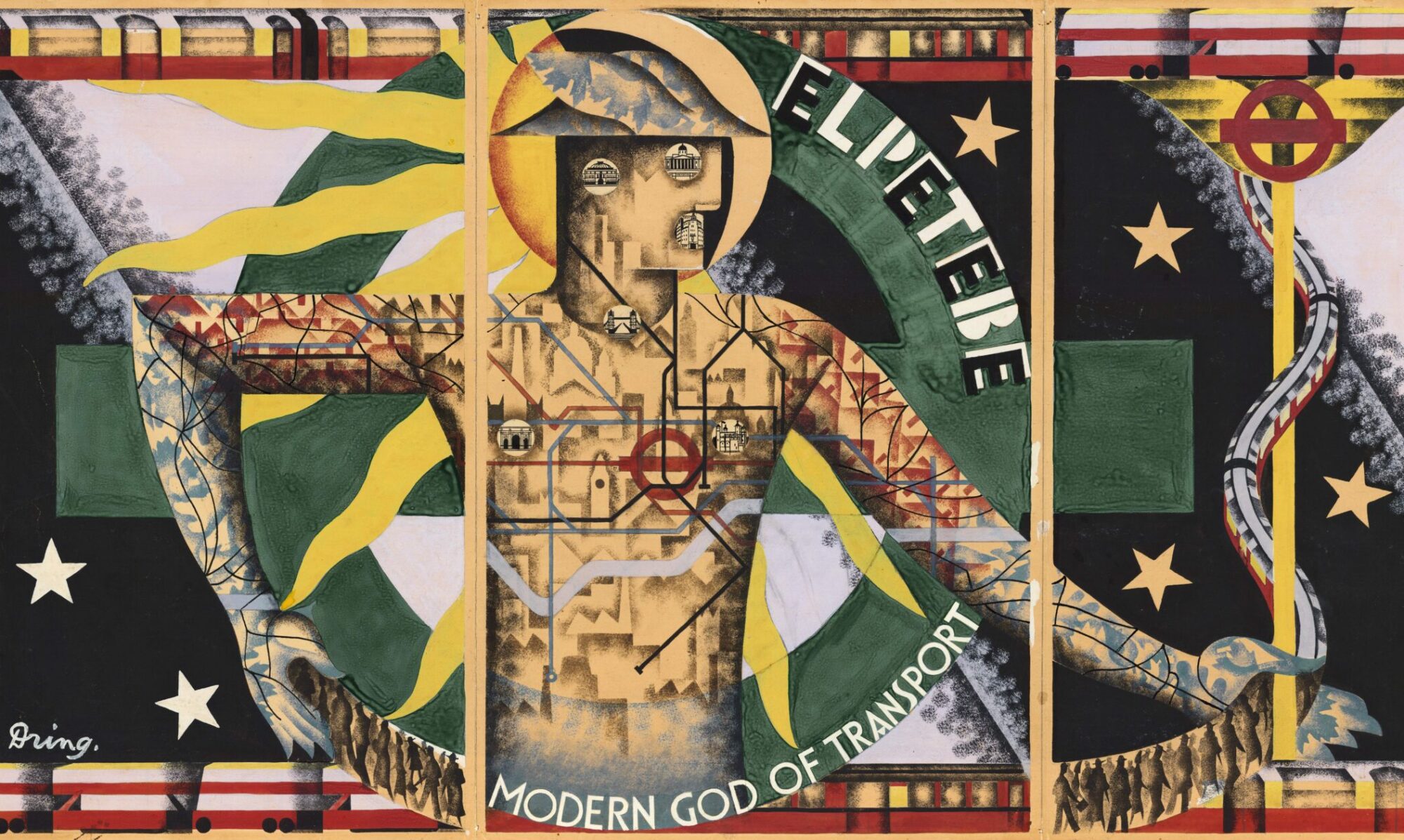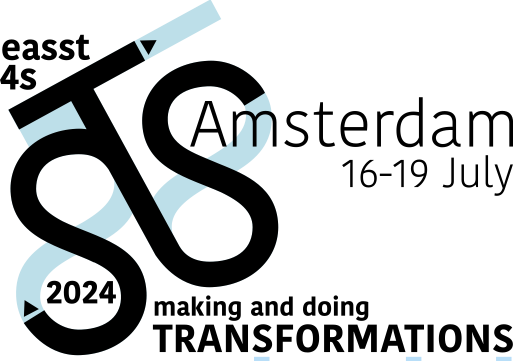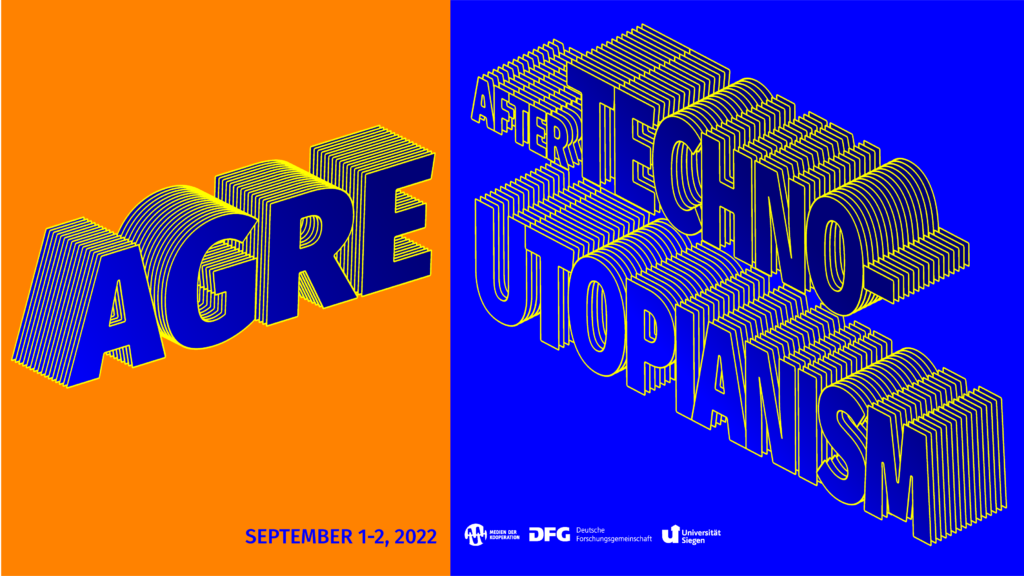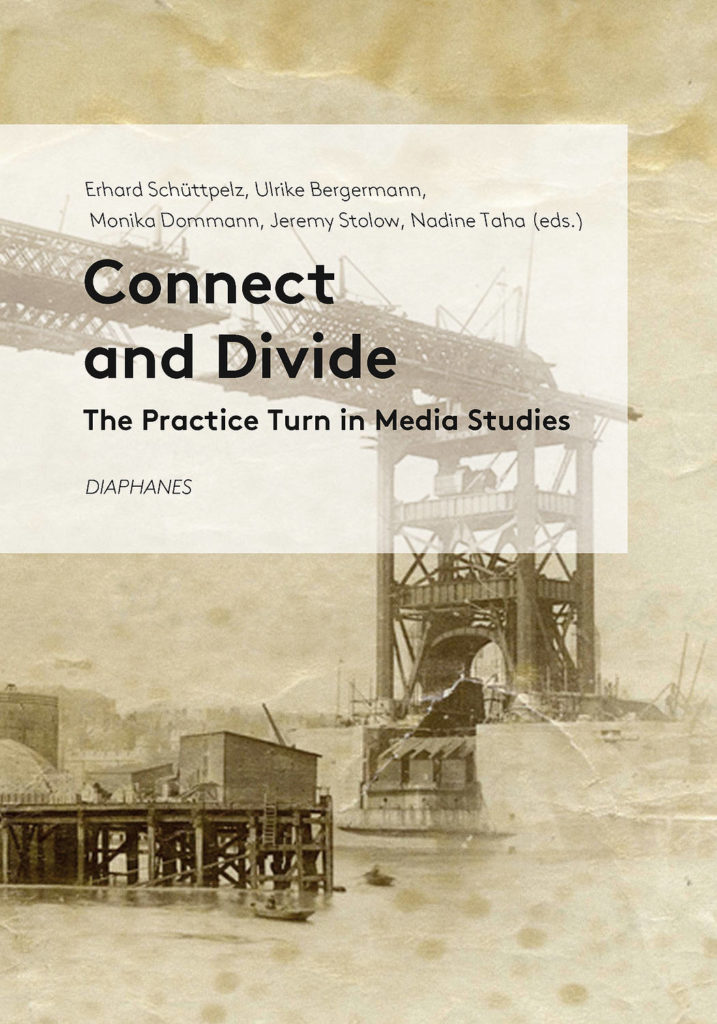ANT was a blast when it reached Media Studies. Its methodology, however, was based on a mediating “Connectivity of Things” that could be mobilized but hardly historicized. So how do we re-engage with research on networks as cultural technique to create joint future(s) of STS and Media Studies?
This is part of a panel at this year’s EASST-4S Conference:
What Is The Past And Future Of Actor-network Theory?
Traditional Open Panel P146
Amsterdam: Making and Doing Transformations
Friday 19 July, 14:00-15:30, 16:00-17:30
Actor-network theory heuristics and methodology have traveled quite a bit outside of STS. Media Studies, in its differing styles of thought, is a case in point. Within my contribution, I am going to contextualize a still recent constellation between ANT and German Media Studies. How did crucial elements of the French anthropology of technology (Marcel Mauss, André Leroi-Gourhan, Georges Haudricourt, Gilbert Simondon) become a common ground for both actor-network theory and the Germanophone research on cultural techniques? What can be learnt for future STS network methodologies from intertwining ANT with Media Studies of cultural techniques?
From the vantage point of cultural techniques, ANT might have lacked a critical, historicizing perspective on its own foundations and mode of operation. It generalized Leroi-Gourhan’s operational chains into sociotechnical networks. Yet programmatic initiatives for historicizing and criticizing networks were not wanting—for instance, Michel Serres’s ”History of Scientific Thought” or Bruno Latour’s ”We Have Never Been Modern.” But for ANT, everything that could be described analytically as a network (or “worknet”) qualified as an actual network. Claims were bolstered by the self-evidence of the lifeworld (and academic practice) of the 1980s and 1990s. ANT could only come about because of the flourishing sociotechnical networks of the day. In contrast, subsequent, more historically oriented studies of cultural techniques—and of the history of infrastructure and science, technology, and society—demonstrate reserve by stressing the material grounding of networks, their metonymic character, situatedness, and specificity. Networks have genealogies within a “Connectivity of Things,” but they are not themselves genealogies.



